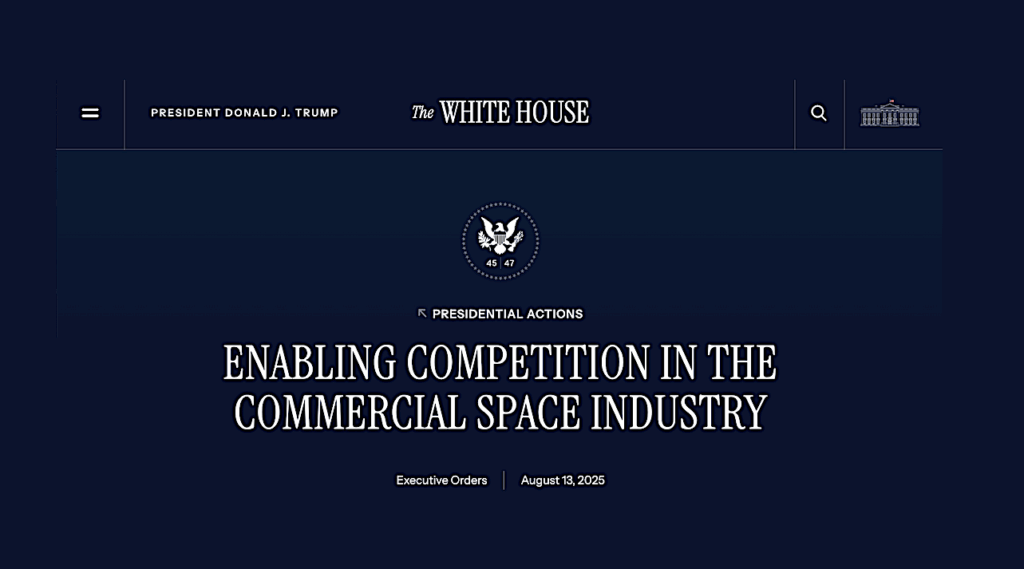Will Boeing Ever Fly A Crew To ISS?

Keith’s note: NASA just gave SpaceX 5 more crew flights to the ISS for a total of 14 contracted flights. Boeing has yet to fly a crew – its first Starliner crew flight has been pushed back again until next year. Other than redundancy, does NASA really need Boeing’s capability at this point?
NASA Awards SpaceX More Crew Flights to Space Station, NASA
“NASA has awarded five additional missions to Space Exploration Technologies Corporation (SpaceX) of Hawthorne, California, for crew transportation services to the International Space Station as part of the agency’s Commercial Crew Transportation Capability (CCtCap) contract. The CCtCap modification brings the total missions for SpaceX to 14 and allows NASA to maintain an uninterrupted U.S. capability for human access to the space station until 2030, with two unique commercial crew industry partners.”
Boeing Crewed Starliner Flight Delayed Until February 2023, NASA
“NASA and Boeing are targeting an early February 2023 launch for the first CST-100 Starliner flight with astronauts to the International Space Station.”
7 responses to “Will Boeing Ever Fly A Crew To ISS?”
Leave a Reply
You must be logged in to post a comment.









Somewhat pathetic. Oldspace no longer is able to get the job done, it seems. Worthy of a study I’d say; ‘why does Space X work so effectively and NASA and Boeing cannot get er done’.
Keeping in mind that NASA and SpaceX work wonderfully together, and that Boeing’s other ventures are all at least as badly run, the answer lies in the Boeing/McDonnell Douglas merger. When your management team is incompetent, the rest of the organization will fall into dysfunction. A fish rots from the head, as they say.
Astronauts to orbit as of October 3 of this year: SpaceX: 30 Boeing: 0
Redundancy has significant value to NASA. The last thing they would want would be to become beholden again to Roscosmos for rides to ISS. That said, Boeing must be running a significant deficit at this point, even with the much higher amount of the contract that they signed for the service with NASA. What keeps them going? Pride? Legal jeopardy is they abandoned the contract? Side payments from NASA/Congress/some other entity? I’m very curious to know the thinking of both Boeing and NASA here.
Redundancy is very important. People seem to forget that Starliner is the primary crew vehicle and Dragon is the backup.
Boeing underbid their development costs so they need those six operational flights to help pay the bill. They will probably still lose money when all is said and done, but not as much as quitting now would cost them.
Increasingly, it looks like the understudy has stolen the show. We also need to consider how rapidly SpaceX + NASA can do a failure analysis then turn around and fly, together they are far from slow. Boeing not so much. Given this, and SpaceX’s reliability, at some point redundancy becomes moot.
Redundancy is still well worth investing in for critical services, but it requires two reliable providers. Boeing hasn’t fit that description in a long time.